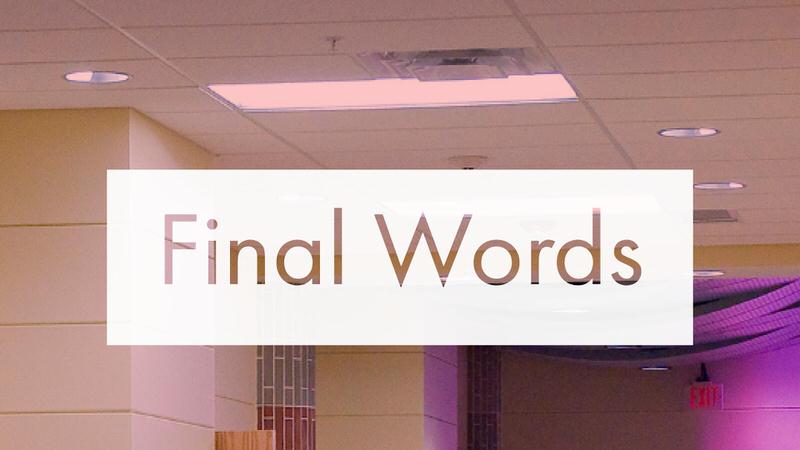Congrats Norberto Gonzalez Juarbe: Newest Graduate of the Microbiology & Immunology Program

 Congratulations Norberto Gonzalez-Juarbe for finishing your thesis on “A New Mouse Model of Serratia marcescens Pneumonia and the Mechanism of Bacterial Pore-Forming Toxins-Induced Necroptosis,” and successfully finishing your defense last month.
Congratulations Norberto Gonzalez-Juarbe for finishing your thesis on “A New Mouse Model of Serratia marcescens Pneumonia and the Mechanism of Bacterial Pore-Forming Toxins-Induced Necroptosis,” and successfully finishing your defense last month.
Why did you pick UT Health Science Center and
your program?
When I was about to finish my bachelor’s
degree, none of my professors encouraged me to continue graduate studies in
Puerto Rico. Consequently, I looked for a graduate institution in the U.S. mainland
and also applied to local universities. I was accepted at the top two universities in Puerto Rico, however I followed my mentor’s advice and moved to
the U.S. mainland. I accepted an offer to attend the only Tier 1 research
institution in south Texas, the University of Texas Health Science Center San
Antonio (UTHSCSA).
Please provide a few sentences summarizing your
research.
During my graduate studies, I developed a
new mouse model of Serratia marcescens
pneumonia and used it to study an important virulence factor of the latter, a
pore-forming toxin (PFTs) called ShlA. Then, I dedicated the last part of my
studies to determine the molecular mechanisms of how bacterial pore-forming
toxins induce macrophage and epithelial cell death. Our results show that PFTs
induce macrophage necroptosis and a novel caspase-associate necroptosis pathway
in lung epithelial cells. We found that by preventing cell death
we could increase survival, and decrease morbidity and mortality during in vivo
hemorrhagic pneumonia in mice.
Why are you passionate about your research
topic? How did you first become interested in it?
I am really passionate about the
translational potential of my work. I think some day we will be able to
modulate our immune response to create a better defense against
antibiotic-resistant bacterial pathogens. Pneumonia is the number one killer of
children in the world and my work suggest the possibility of using a single
treatment to combat lung infections caused by multiple lung pathogens.
What was your best memory during graduate school
or what did you learn?
One of the best memories I had in graduate school
was when I won three poster sessions within a month. What I learned from it is
that it does not matter where you come from or what language you are more
proficient at, if you work hard you can achieve great things.
What’s next?
A short postdoc first, I will work in Dr. Carlos Orihuela‘s laboratory
to discern how S. pneumoniae causes
cardiac cell death, which leads to the formation of micro lesions in the heart.
In the meantime, I will be applying to top laboratories for another
post-doctoral experience.
Any advice for your fellow graduate students?
Work hard, collaborate, and network.
